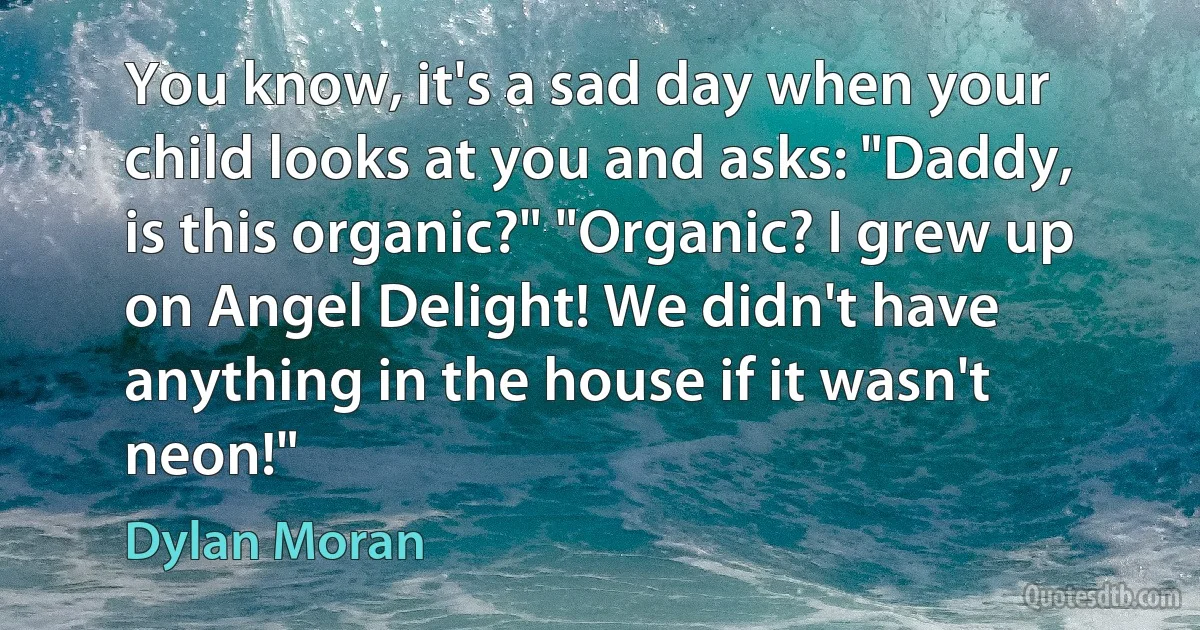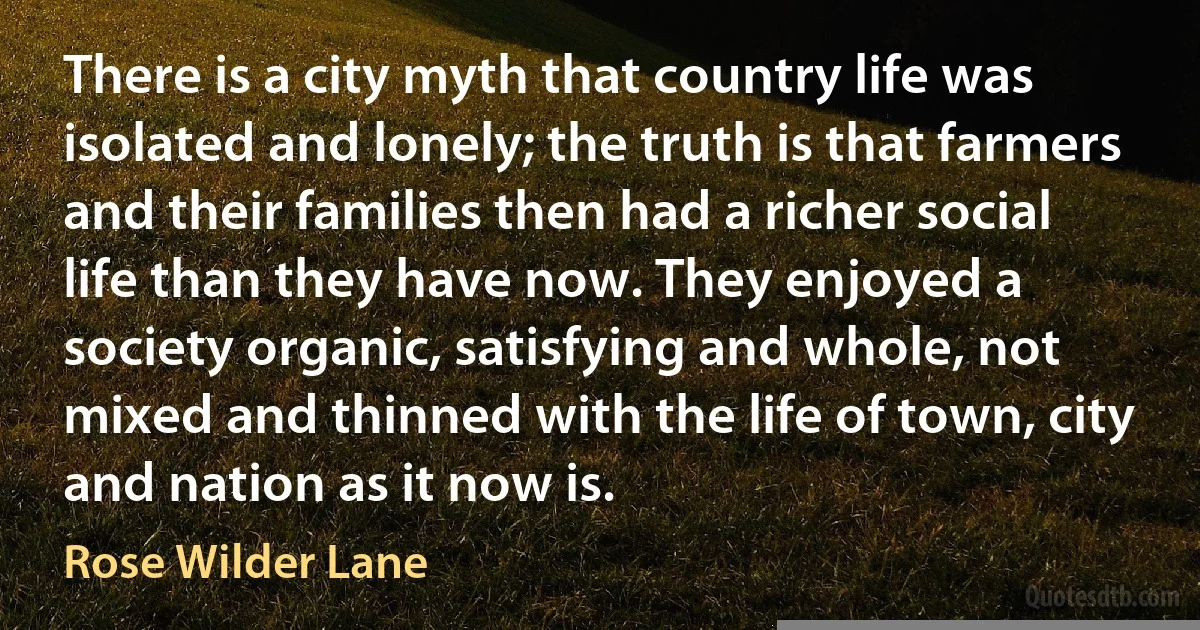Organic Quotes - page 7
Although we may not be able to mark the precise boundary beyond which organic beings do not appear, it is certain that in all geological epochs, subsequent, at least, to that of the primary rocks, animals and plants have existed in successive families; they have been created, have lived their day, and by the operation of physical causes, have perished; while new races have been called into being, and in their turn have ceased to be, in order to give room to other families, requiring, perhaps, a different climate, and a new order of things.

Gideon Mantell
In the latter part of the seventeenth century, there were several eminent men in England who were greatly in advance of the age in which they lived, and strenuously exerted themselves to discover and promulgate the true principles of Geology. Among these Dr. Martin Lister, physician to Queen Anne, was one of the most distinguished. This accomplished naturalist in his great work on shells... figures and describes many fossil shells as real animal productions, and carefully compares them with recent species. He also recognised the distinction of strata by the organic remains they contain; and to him the honour is due of having first suggested the construction of geological maps...

Gideon Mantell
And therefore we can see just how constructive this Spinozian difference is, just how constructive this negativity really is! The organic interweaving of these two motifs is fundamental in the history of European philosophy. Spinoza is the first to mold this logical mechanism that bourgeois philosophy would constantly and continually try to abrogate during its subsequent development. In Kantianism, as in classical idealism, Spinoza continually remains the object of opposition and polemic: What is destroyed is precisely the intersection between the negation of the ideology and the construction of the world, the inherence of the limit, of the materiality, to the infinite.

Baruch Spinoza
It is urged in the first place that contempts cannot be crimes, because, although punishable by imprisonment, and therefore, if crimes, infamous, they are not within the protection of the Constitution and the Amendments giving a right to trial by jury, etc., to persons charged with such crimes. But the provisions of the Constitution are not mathematical formulas having their essence in their form; they are organic, living institutions transplanted from English soil. Their significance is vital, not formal; it is to be gathered not simply by taking the words and a dictionary, but by considering their origin and the line of their growth.

Oliver Wendell Holmes Jr.
Our point of view is, lets not be so elitist that we can't honor good, hard, dignified, ennobling work: people working with their hands, building things, putting up solar panels, weatherizing homes, working on organic agriculture, building wind farms. We don't have robots in society, so somebody has to do that work. Lets make sure that the people who can use that work get a chance to do it. I see that as a first step toward bigger and better things.

Van Jones
The organic unity of mathematics is inherent in the nature of this science, for mathematics is the foundation of all exact knowledge of natural phenomena. That it may completely fulfil this high mission, may the new century bring it gifted masters and many zealous and enthusiastic disciples!

David Hilbert
From that time, the universe has steadily become more complex and less reducible to a central control. With as much obstinacy as though it were human, it has insisted on expanding its parts; with as much elusiveness as though it were feminine, it has evaded the attempt to impose on it a single will. Modern science, like modern art, tends, in practice, to drop the dogma of organic unity. Some of the mediaeval habit of mind survives, but even that is said to be yielding before the daily evidence of increasing and extending complexity. The fault, then, was not in man, if he no longer looked at science or art as an organic whole or as the expression of unity. Unity turned itself into complexity, multiplicity, variety, and even contradiction.

Henry Adams
The Chartres apse is as entertaining as all the other Gothic apses together, because it overrides the architect. You may, if you really have no imagination whatever, reject the idea that the Virgin herself made the plan; the feebleness of our fancy is now congenital, organic, beyond stimulant or strychnine, and we shrink like sensitive plants from the touch of a vision or spirit; but at least one can still sometimes feel a woman's taste, and in the apse of Chartres one feels nothing else.

Henry Adams



